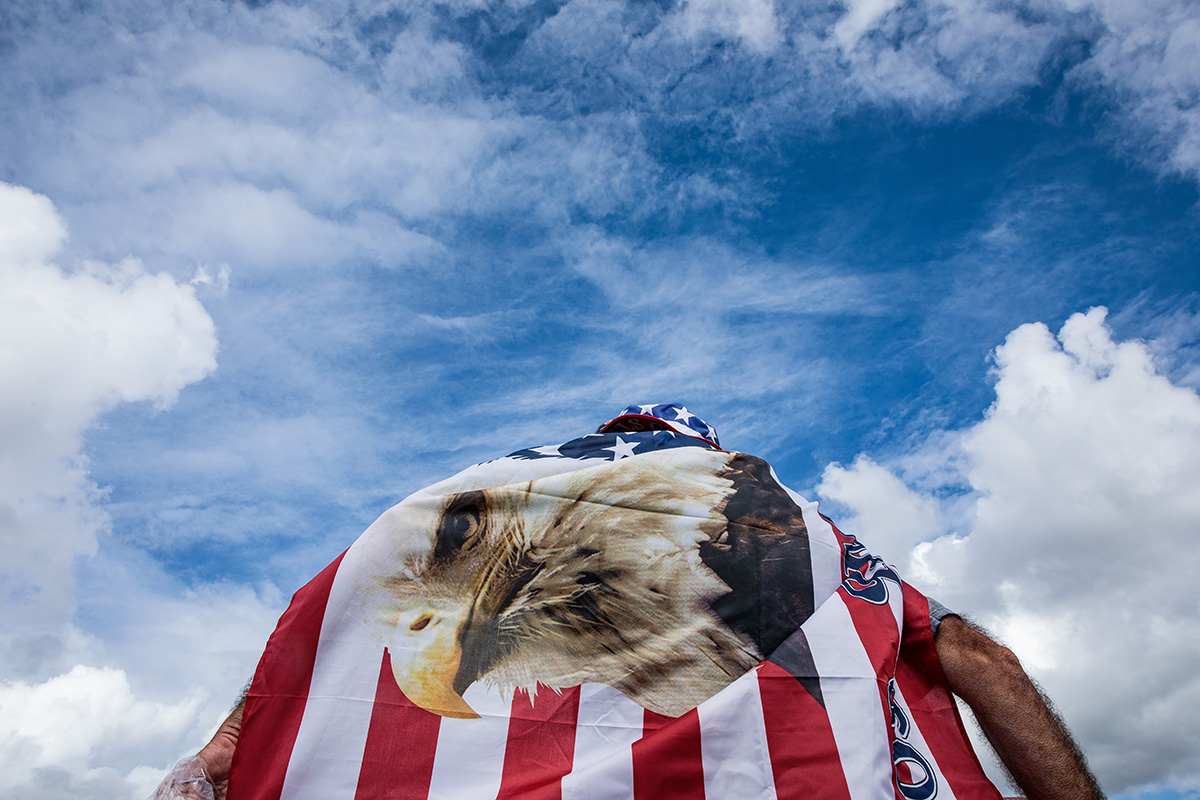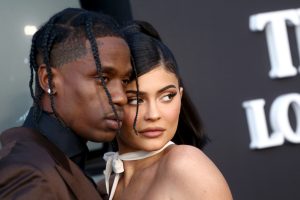
h1.headline.nosecondary:before { content: ""; display: block; width: 65px; height: 1px; background-color: white; margin: 20px auto 50px; }
h1.headline { font-family: nyt-cheltenham-cond; font-weight: 800; font-size: 75px; margin-top: 60px; text-align: center; }
h1.headline.nosecondary{ margin-top: 0; flex-direction: column; }
.custom-header { height: 300vh; background-color: black; display: flex; align-items: center; flex-direction: column; position: relative; -webkit-font-smoothing: antialiased; }
.g-cover { height: 100vh; color: white; display: flex; align-items: center; justify-content: center; flex-direction: column; z-index: 2; /* position: sticky; top: 0; */ }
span.serieslabel { text-align: center; margin-top: 40px; font-family: 'nyt-cheltenham'; text-transform: uppercase; font: 700 0.9rem/1.2rem "nyt-cheltenham", georgia, "times new roman", times, serif; letter-spacing: 1.75px; }
.g-art { height: 100%; position: absolute; top: 0; width: 100%; z-index: 1; transition: opacity 0.5s ease-in-out; opacity: 1; will-change: opacity; } .g-art.hide{ opacity: 0; } .g-art img{ height: fit-content; max-height: 100%; width: auto; object-fit: contain; }
.g-artpositioner { position: sticky; top: 0; left: 0; width: 100%; text-align: center; display: flex; align-items: center; justify-content: center; padding: 100px 20px; box-sizing: border-box; height: 100vh; flex-direction: column; }
span.g-artmeta { color: #999; margin-top: 25px; font-family: 'nyt-franklin'; font-size: 14px; font-weight: 300; position: absolute; bottom: 0; height: 100px; display: flex; align-items: center; }
.desktop-only{ display:flex; } .mobile-only{ display:none; }
@media screen and (max-width: 740px){ .g-cover, .g-artpositioner{ max-height: 100vh; min-height: height: calc(100 * var(--vh)); } .desktop-only{ display:none; } .mobile-only{ display:flex; } h1.headline{ font-size: 50px; margin-top: 45px; } span.g-artmeta{ position: relative; height: fit-content; bottom: initial; font-size: 12px; } }
/* OAK OVERRIDES */ .interactive-content { margin: 0 auto; width: 100%; }
p#article-summary:after { display: none; }
header h1:after{ display:none !important; }
article header > div:first-of-type { display: none; }
section[name=articleBody] header h1, main article header h1, section[name=articleBody] header time, main article header time { display: none !important; }
a[data-testid="story-section"] { display: none; }
div[aria-label="comments panel"] { z-index: 1000000000000000000; }
14 Trump Voters on
the Legacy of George Floyd
14 Trump
Voters on the Legacy
of George Floyd
A Series on George Floyd and America
A Series on
George Floyd and America





















